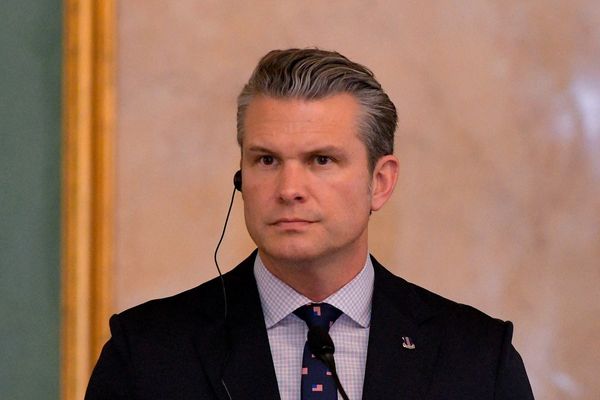
Retired women in the UK in effect go four months of the year without a pension when their income is compared with that of men, union leaders have warned.
The TUC said the income gap between men and women in retirement was 36.5%, equivalent to a shortfall of £7,600 a year on average.
As a percentage this was more than double the gender pay gap, which measures the difference in average earnings from work; it stands at 13.1%.
The union organisation said this meant that retired women effectively stopped receiving a pension from 21 August when compared with men, creating a four-month gap.
Paul Nowak, the general secretary of the TUC, said the income gap between men and women in retirement should be central to the inquiry by the pensions commission, which the government launched last month.
“Everyone deserves dignity and security in retirement, but too many retired women have been left without enough to get by,” said Nowak. “We must make sure that these inequalities are addressed for future generations.”
The commission is expected to examine why retirement incomes have failed to meet expectations after reforms more than a decade ago forced employers to autoenrol staff in occupational pension schemes.
Unions, employers organisations and pension experts will consider the best way to tackle the shortfalls.
Based on annual research by the Prospect union, the report published by the TUC found that the gender pension gap was closing steadily each year as more women were able to save for retirement, but progress was slow.
It said: “Prospect’s annual estimate of the gap is on a downward trend, driven by a reduction in the gender pay gap, historic increases in employment rates for women, and state pension changes. Between 2011-12 and 2022-23 it fell from 44.9% to 36.5%.”
At about one percentage point a year, the decline in gender inequality will take until at least 2061 to close.
The report highlights how income and gender inequality in retirement are larger than in the working population after decades when women, who take more time off work for caring responsibilities than men, miss out on pension contributions.
The report said: “The fact that women on average earn less than men in work means that, even if the pension participation gap was closed, they would still build up their pot more slowly than male colleagues. Women’s average hourly pay is currently 13.1% lower than men’s, rising to 18.9% for workers in their 50s.”
Nowak said: “We now have a chance to make sure everyone, including women, receive the decent retirement income that all workers need.”







